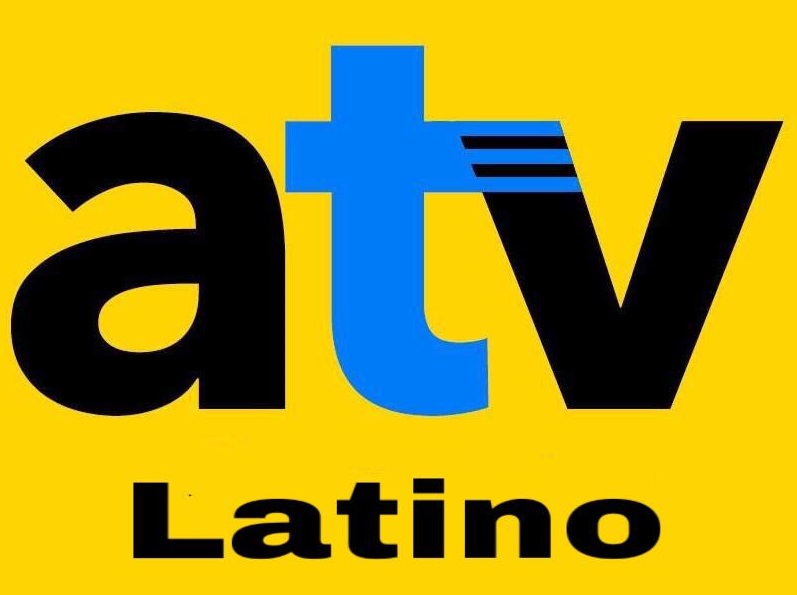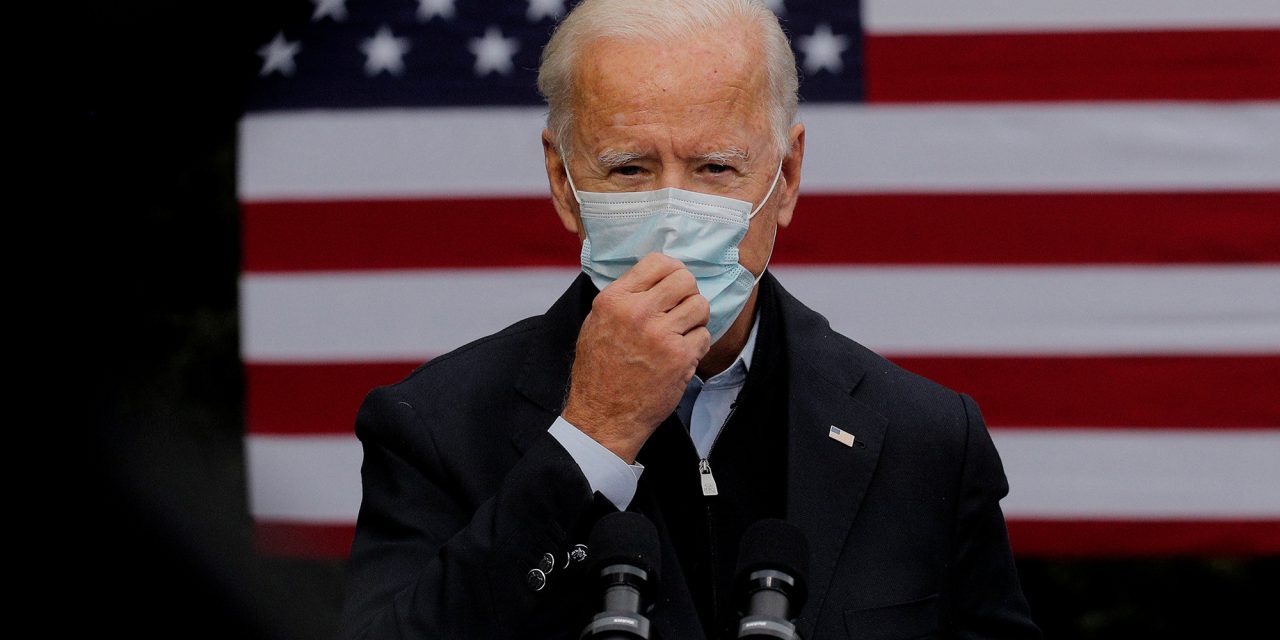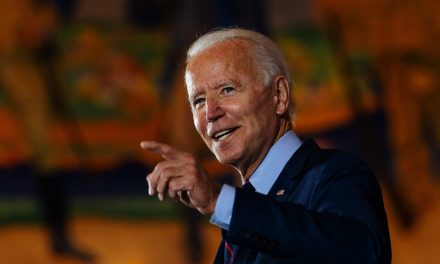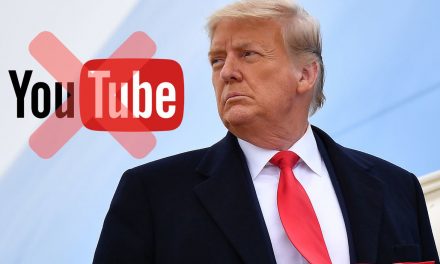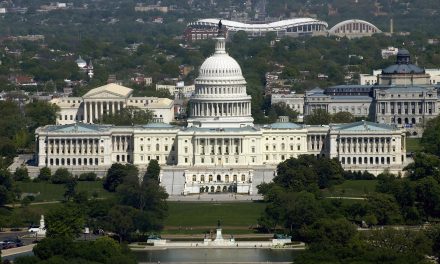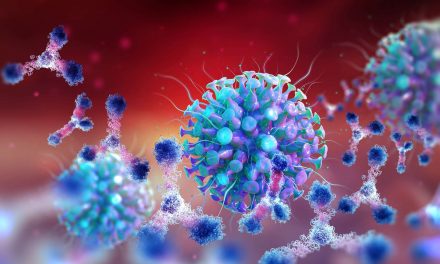President-elect Joe Biden’s coronavirus vaccination plan will expand the size of the federal government’s response, with a focus on helping rural communities and improving communication with states.
Biden detailed the $20 billion effort, which he previewed Thursday, in a Friday speech. It’s part of a much larger $1.9 trillion relief package that includes $415 billion focused on combating the COVID-19 pandemic.
Biden’s remarks come as the country finds itself in the worst days of the pandemic, adding new urgency to the need to speed vaccinations.
“Truthfully, we remain in a very dark winter,” Biden said, noting the country is rapidly approaching 400,000 deaths. “The vaccine rollout in the United States has been a dismal failure thus far.”
According to details released by the transition team ahead of his speech, Biden’s vaccination plan emphasizes a bolstered federal response, rather than leaving key details to the states.
He has vowed to get 100 million people inoculated in the administration’s first 100 days, and Friday said he was “convinced” it could be done.
The current pace of vaccinations in the U.S. is not moving quickly, and Biden will need to ramp up efforts. As of Friday, more than 31.1 million doses of vaccine had been distributed, but just over 12.2 million shots have been administered, according to data from the Centers for Disease Control and Prevention.
The president-elect has already announced a plan to release nearly all the second-dose reserves to help reach his 100 million shots goal.
Biden said he plans to launch a massive public education effort to rebuild trust in science, specifically focusing on Black and Latin communities to combat vaccine hesitancy.
“It’s a critical piece to account for the tragic reality of the disproportionate impact the virus has had” on Black, Latino and Native American communities, he said.
“Equity is central to our COVID response,” Biden added, pledging not to leave any groups behind in the vaccination campaign.
The Biden administration plans to use federal resources including the Federal Emergency Management Agency to launch new mass vaccination sites. The administration also plans to expand state and local immunization efforts across the country, including in pharmacies and community health centers.
Federally Qualified Health Centers serve more than 30 million patients each year, including many people of color and rural communities. Under the Biden administration’s plan, health centers will be able to directly access vaccine supply where needed.
“We are in a race against time,” a senior Biden transition official told reporters Thursday. “We know that health care professionals, essential workers, states, tribes and our public health infrastructure have been asked to do too much with too little.”
Biden’s plan will include partnering with states and local providers to launch community vaccination centers around the country, and deploy mobile vaccination units in underserved and hard-to-reach areas.
It also focuses on better communication with states, so state and local leaders fully understand their vaccine allocations and timely delivery of their ordered doses.
States have complained about a lack of clear communication from the Trump administration’s Operation Warp Speed, including about how much vaccine they will receive week to week.
Some states on Friday accused the administration of lying after officials promised to release all of the vaccine in federal reserves, but found out there were no reserves.
The Hill
